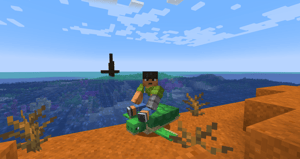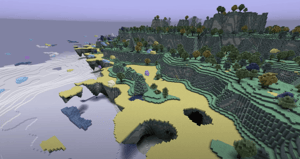A lot of children—and even some grownups—view vacation time as a break from school and, therefore, a break from learning.
This doesn’t have to be true.
Even if your child isn’t in the classroom, there’s no reason he/she can’t continue his/her education. Thanks to a number of new and innovative companies, there are multiple ways kids can learn new skills—or develop existing ones—through fun, entertaining educational games for kids.
We here at CodaKid have always understood the value that educational games for kids bring to families, so we took our time to research the 19 best educational games (both online and offline) that would be great activities for kids at home.
Table of Contents
WEBSITES
Starfall
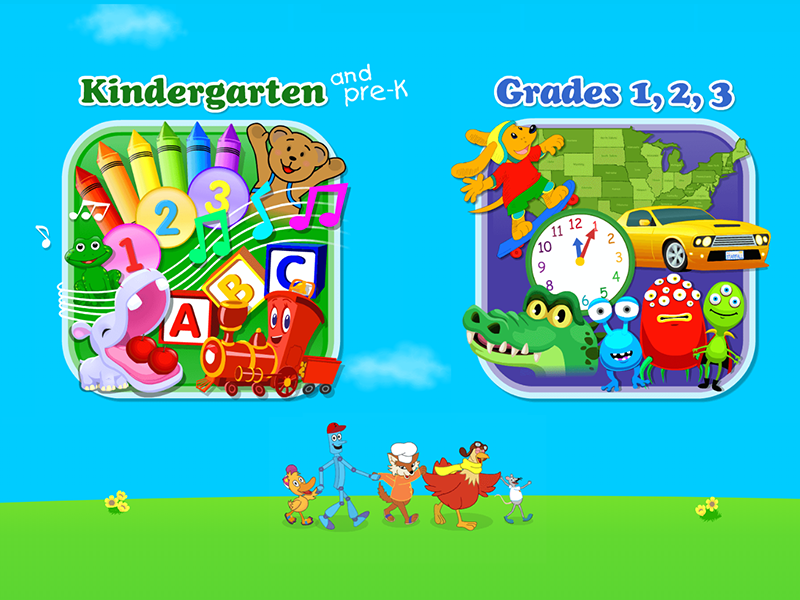
Launched in September 2002, Starfall is a children’s website that teaches kids how to read, write, speak and perform basic math functions through fun games, interactive online play, and audiovisual activity.
This free public platform offers language arts, English reading and comprehension, writing, and mathematics suitable for kindergarteners, preschoolers, and kids all the way up to third grade. All of Starfall’s programs align with Individual and Common Core State Standards. Their membership program is fairly low-cost and they do offer some free content.
Why We Like It:
- Cute graphics
- Highly interactive
- Lots of game options
Skills:
- Reading and Comprehension
- Math
- Language
BrainPOP
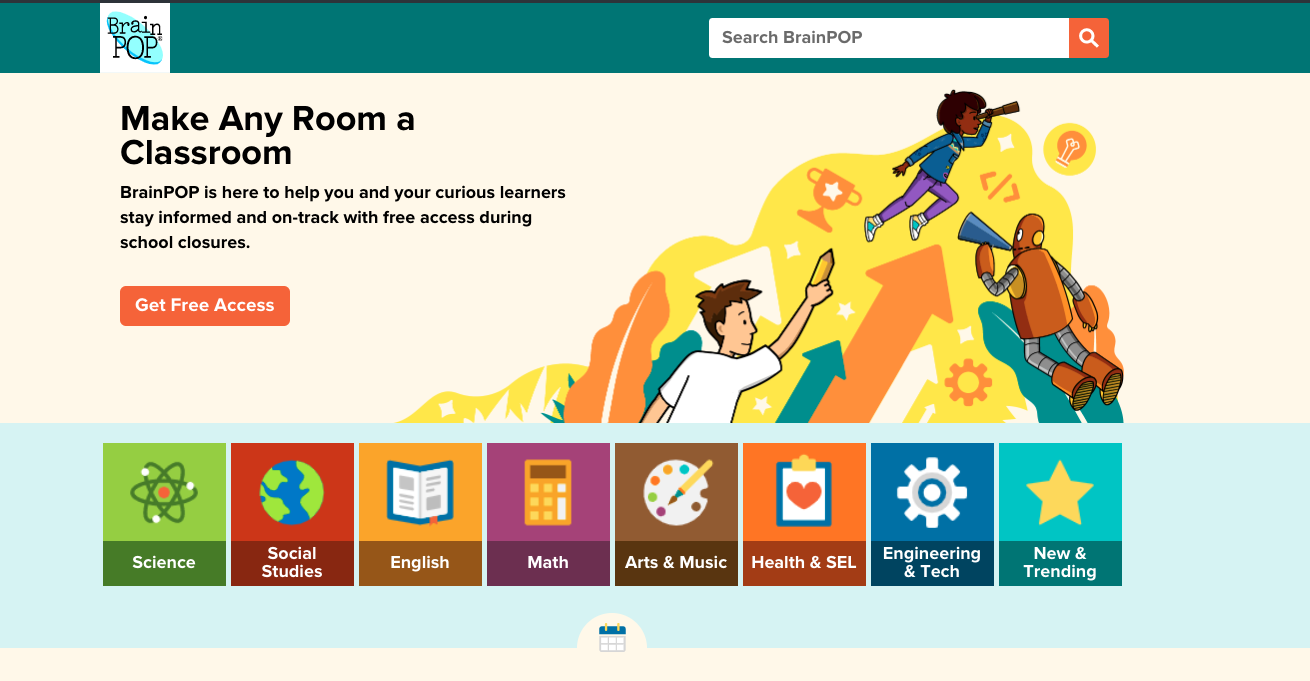
Founded in 1999 by Dr. Avraham Kadar, BrainPOP is an online learning resource for students in grades K-12. Supporting core and supplemental subjects, it uses short animated movies and “Playful Assessments” which are educational games for kids that cover a variety of subjects such as collaboration and creativity.
Why We Like It:
- Incredibly comprehensive
- Friendly, eye-catching artwork
- Hours of lessons supplemented with useful guides and fun educational games for kids
Skills:
- Teamwork
- Creativity
- K-12 Science, Social Studies, Health, Engineering and Technology, Math, Arts, Music
Funbrain.com
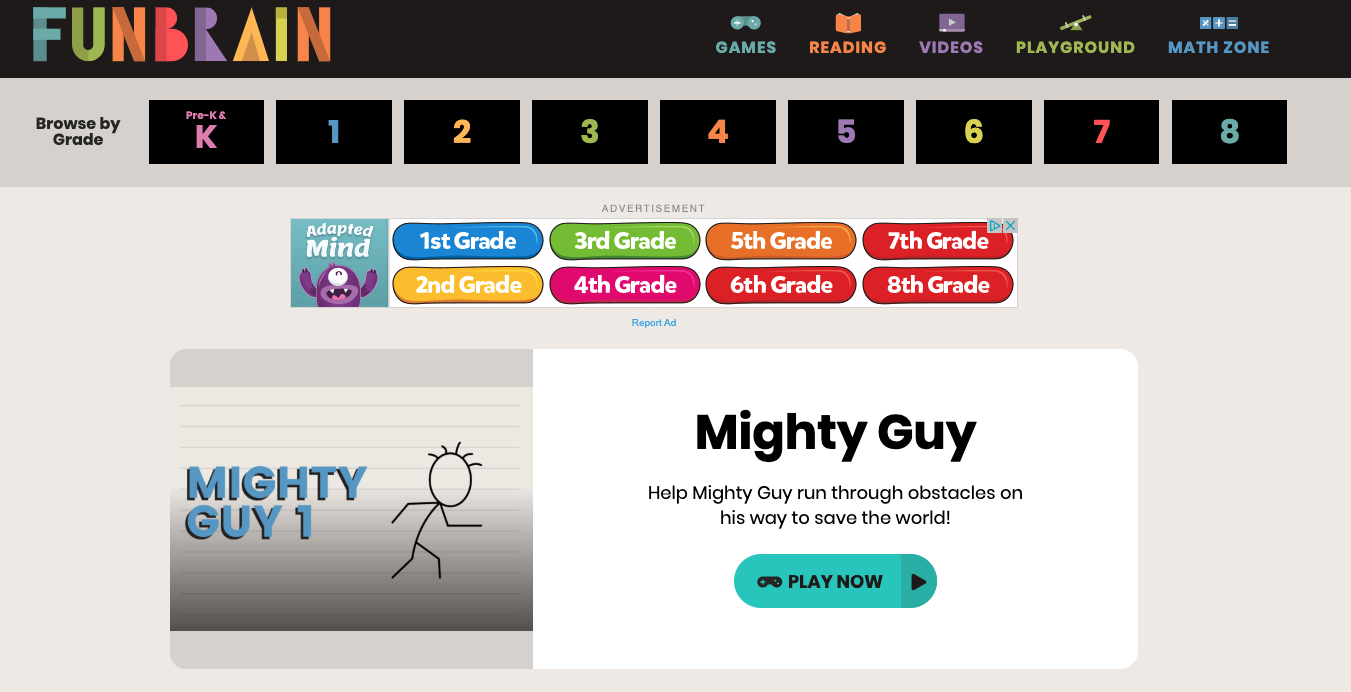
An educational browser game website created for students in Pre-K through grade 8, Funbrain offers hours upon hours of safe, educational online play. Started in 1997, this website has since released hundreds of games, videos, comics, and books that help develop literacy, math, and problem-solving skills.
Fun Fact! Did you know that the now-famous Diary of a Wimpy Kid book series was first published on this website?
Why We Like It:
- Safe and educational
- Hours of interactive content
- Books, games, and videos organized by grade level
Skills:
- Reading and Comprehension
- Math
- Problem-Solving
TypingClub
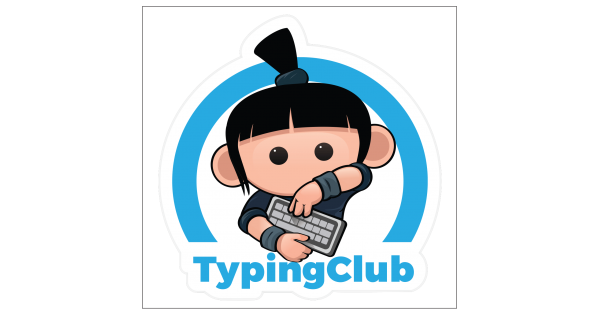
Learn touch typing for free! TypingClub is one of the most fun and effective platforms for older kids to learn proper touch typing. With a whopping 684 modules divided into 25 categories, this is an incredibly comprehensive online program that you can complete at your own pace. The challenge level increases with each category, so there is a very slim chance of users becoming bored with the modules.
Why We Like It:
- Incredibly comprehensive
- Detailed
- Attractive UI
Skills:
- Touch Typing
- Time Management
- Flexibility
Roblox
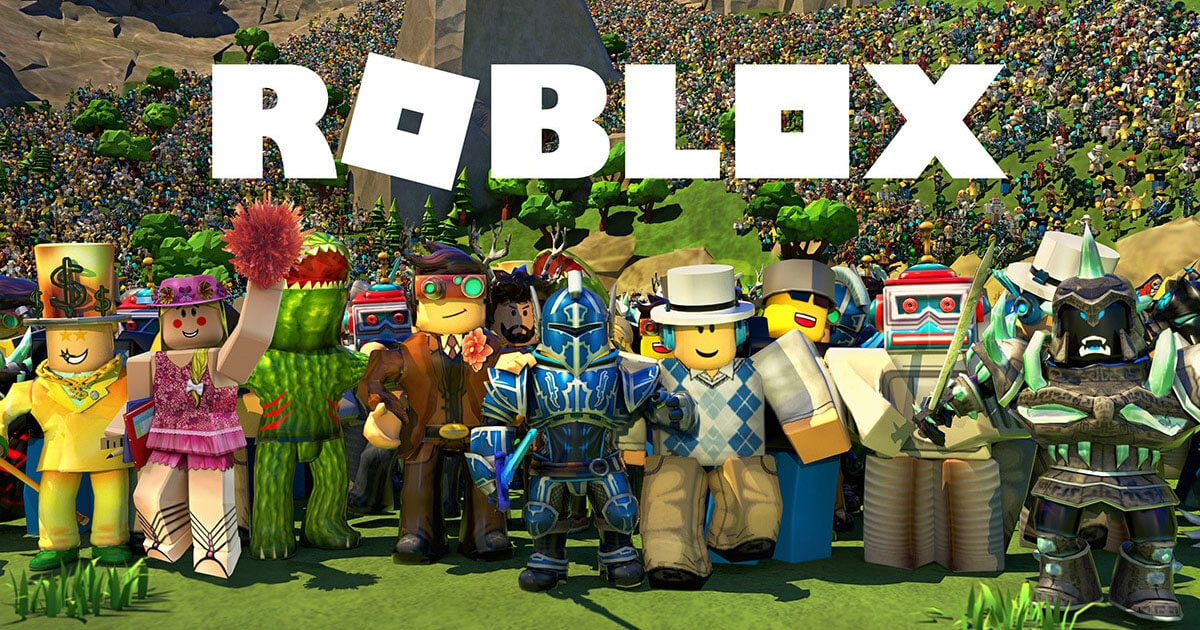
Roblox is a massive online gaming and game creation platform with millions of users from around the globe. All the games here are built by the community, for the community. Users can design and code their own 3D games to share with their friends or explore the thousands of user-generated content available.
While the games themselves aren’t exactly educational, the overall experience is. It’s a great platform that, thanks to its very nature, teaches Roblox coding.
Why We Like It:
- Hundreds of thousands of games to choose from
- Plenty of games for different age groups
- Highly intuitive yet kid-friendly coding platform
Skills:
- Coding for kids
- Creativity
- Collaboration
PBS Kids
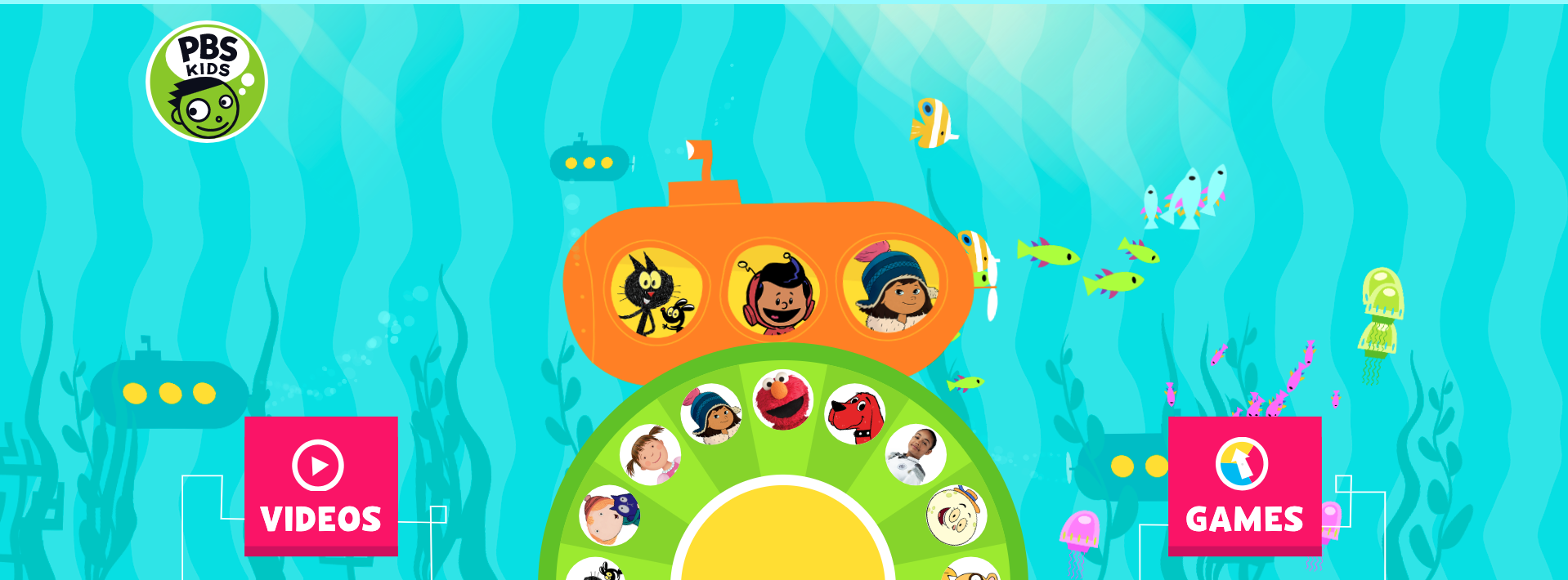
From the Public Broadcasting Service comes the PBS Kids website—an online network full of educational games for kids, and entertainment. Children can enjoy educational games, stories, and videos from their favorite PBS Kids shows (like Curious George or Wild Kratts).
They can work with familiar, beloved characters like Arthur, Jet, Cookie Monster, and Clifford the Big Red Dog by playing different types of games set at different challenge levels. The games are filtered by topic—i.e., Spelling Games, Teamwork Games, Coloring Games—and each game comes with a very helpful challenge rating.
Each PBS Kids show has something to offer your kids, making it a truly interactive and entertaining online educational platform.
Why We Like It:
- Variety of games and challenge levels; perfect for kids of all ages
- Safe, parent-approved gameplay
- Presence of fun, beloved characters
Skills:
- Educational Skills: Spelling, Rhyming, Coloring
- Real-Life Skills: Teamwork, Nature, Problem Solving, Adventure, Feelings
APPS/PROGRAMS
CodaKid
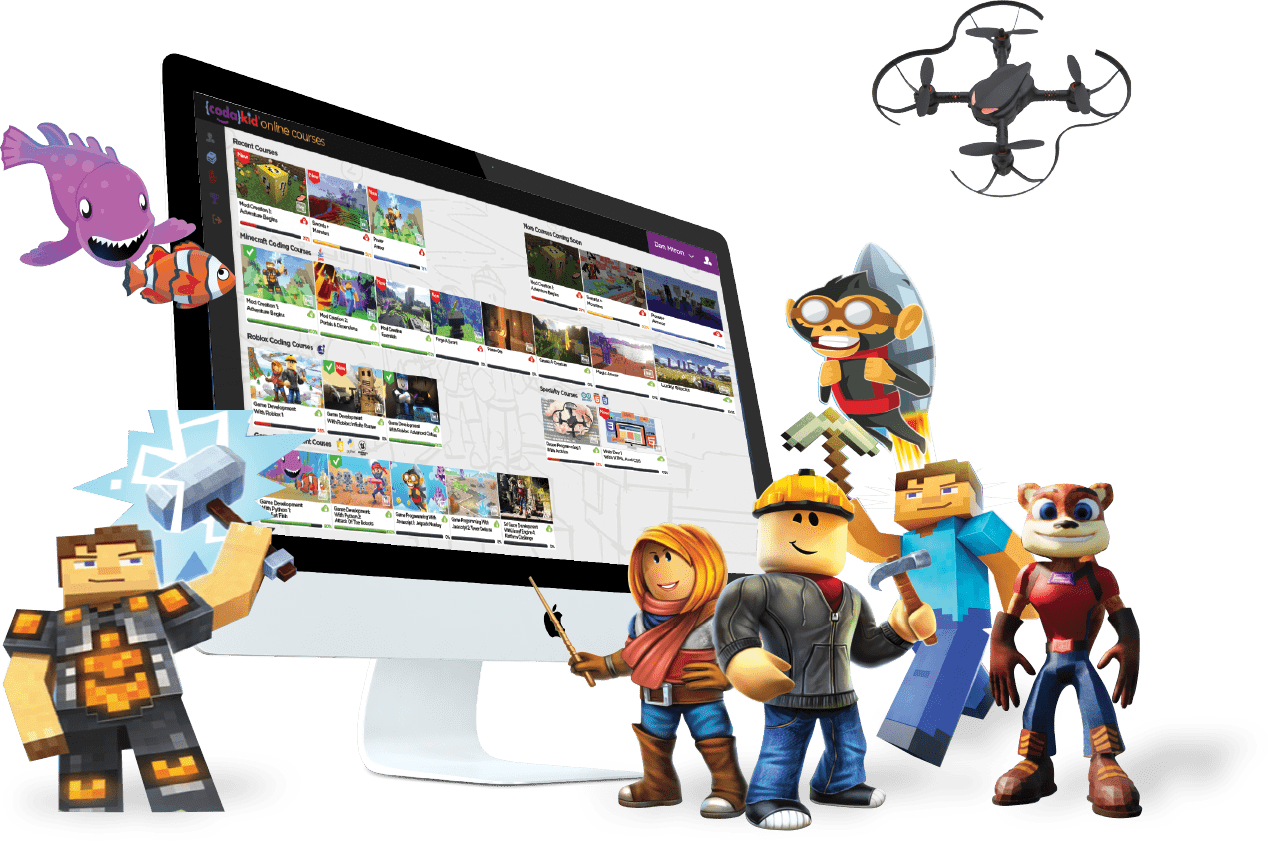
“CodaKid is really fun! I’ve learned functions, loops, and conditionals, and I’ve built cool projects. I am also learning how coding for kids is helping my future!” – Ronan (Student)
CodaKid is an award-winning education platform that teaches coding for kids. It’s online classes provide fun learning games that teach kids professional tools and languages.
Do you want your child to learn Minecraft mods? How about Roblox Coding, Scratch, or JavaScript? Python for kids is extremely popular at the moment.
With so many options, enrolling your child in a class can get expensive, so what’s a parent to do?
Luckily CodaKid offers all the courses listed above, and more!
Why We Like It:
- Online mentors support for your child
- Offers a wide range of activities for kids ages 8 to 15
- Fun online games for kids that encourage computational thinking and creativity
- Learn from the comfort of your home!
Skills:
- Coding for kids
- Computational thinking
- Problem-solving

Our platform includes 50 Computer Coding Courses, 225 Online Coding Quests, 650 Computer Coding Challenges and online mentor support from professional developers, designers, and educators. Check out our full online catalog to see for yourself.
Follow this link for a free trial of Codakid. Make sure to act quickly! Spots are limited!
Duck Duck Moose
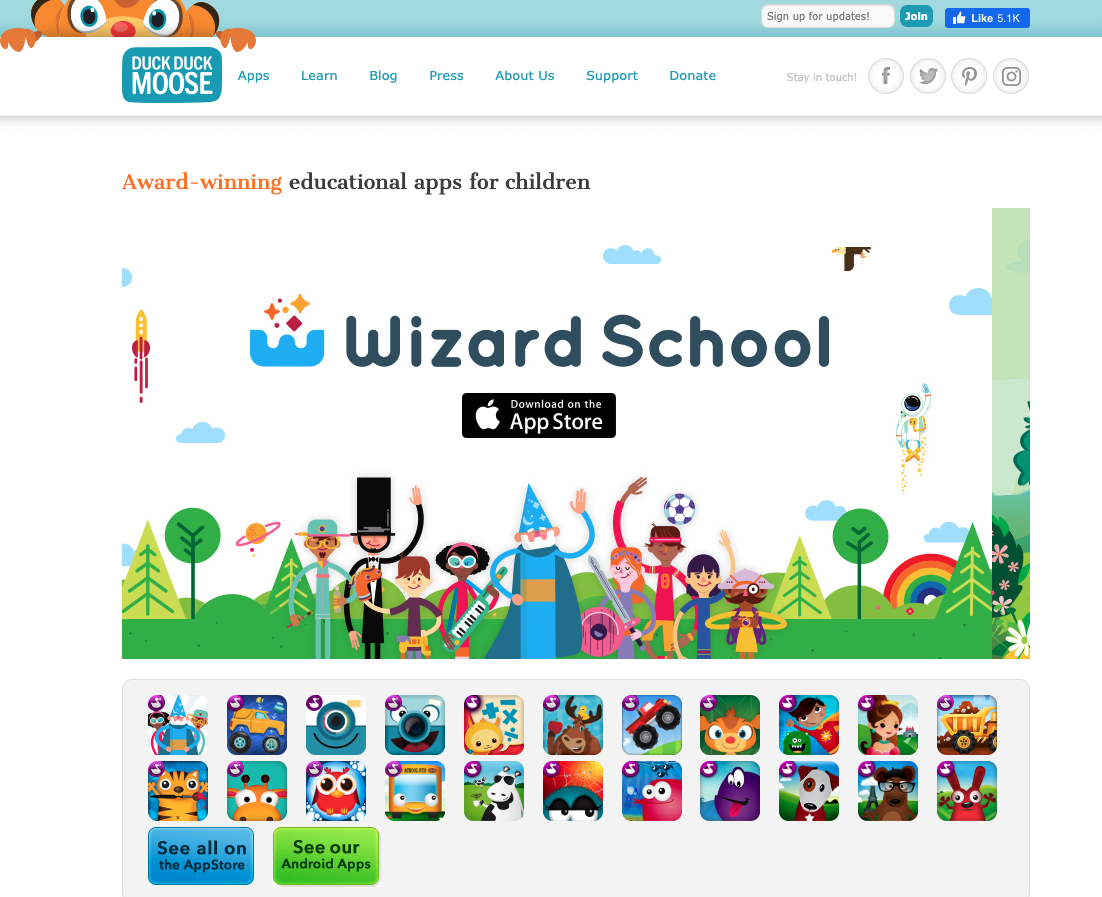
Duck Duck Moose is an app developer known for its award-winning educational games for kids, of which they have a good dozen or so on Google Play. Founded in 2008, what started as a three-man team has since grown into a world-renowned company for entertaining education.
Their apps are categorized according to age and type of play. For instance, under Curriculum, they have Fish School—an app that teaches children aged 2 to 5 colors, shapes, and problem-solving—and Pet Bingo—an app for 5 to 10-year-olds that teaches math. Under Nursery Rhymes, they have Old MacDonald (ages 2-5), Peek-a-Zoo (ages 2-5), and Musical Me! (ages 2-6).
Why We Like It:
- Diverse teaching styles
- Catered to different age groups
- Great activities for kids ages 2 to 5
Skills:
- Problem solving, math, colors and shapes, language
- Self-study
- Communication
Khan Academy Kids
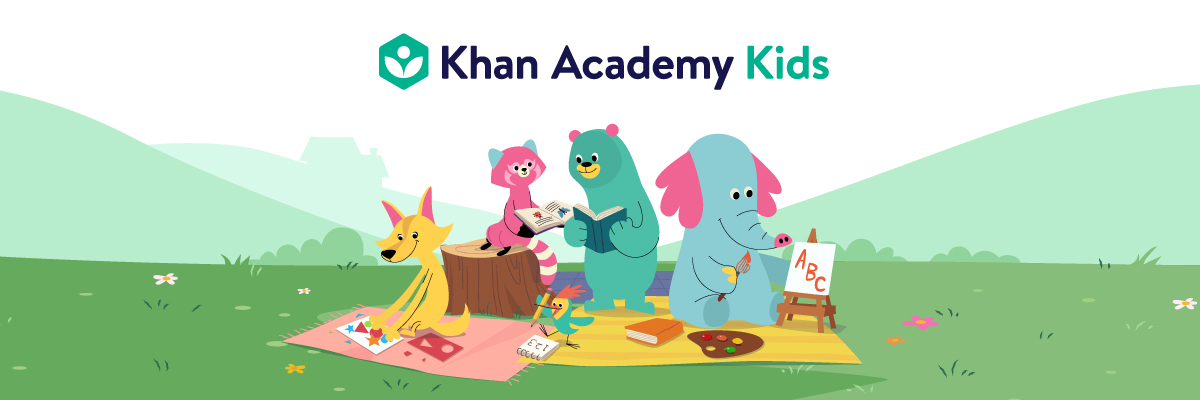
An educational platform designed for children aged two to seven, Khan Academy Kids is a fairly new Android app developer that’s definitely worth a look-see. Offering a variety of free mini-games with tons of fun, original concepts, Khan Academy Kids’ goal is to inspire young children to fall in love with learning. It has its own extensive curriculum spread out into several different subjects, including literacy, logic, and expression. Best of all, it’s 100% free. No in-app purchases, no ads, no sneaky members-only content.
Why We Like It:
- Games are simple and straightforward
- Comprehensive curriculum
- Enough variety to keep things interesting
Skills:
- Language and Literacy
- Logic and Expression
- Math, Reading & Comprehension, Science, etc.
ABC Kids
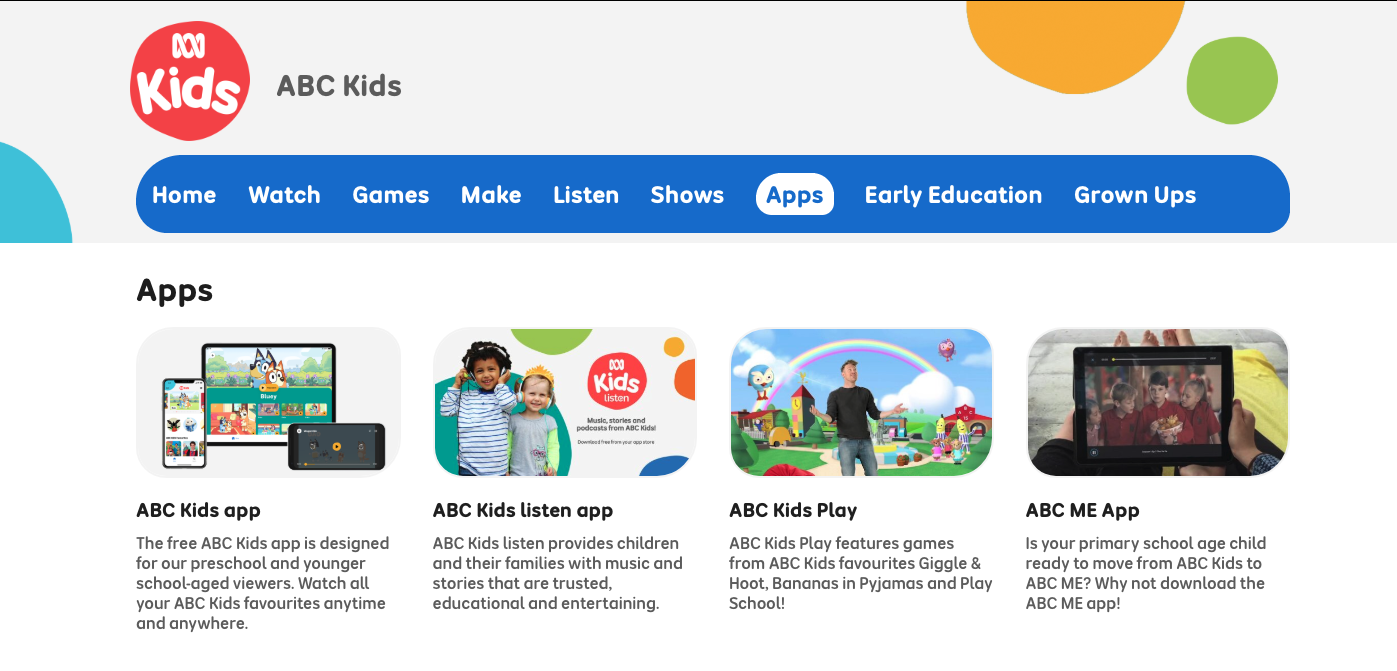
Targeted towards much, much younger kids (aged 2 to 5, actually), the ABC Kids’ apps focus on learning basics through simple, straightforward educational games for kids. In fact, even the subjects are straight-to-the-point: ABCs, capitalization, and read-along stories (in the shape of cute, animated eggs). While older children probably won’t find the games as appealing, we think their direct, super simple style is just perfect for teaching tiny tots the basics.
Why We Like It:
- Free to play
- Cute, colorful graphics/animations
- Incredibly simple; perfect for very young learners
Skills:
- Reading
- Comprehension
- Following Instructions
Toys
Hoot Owl Hoot
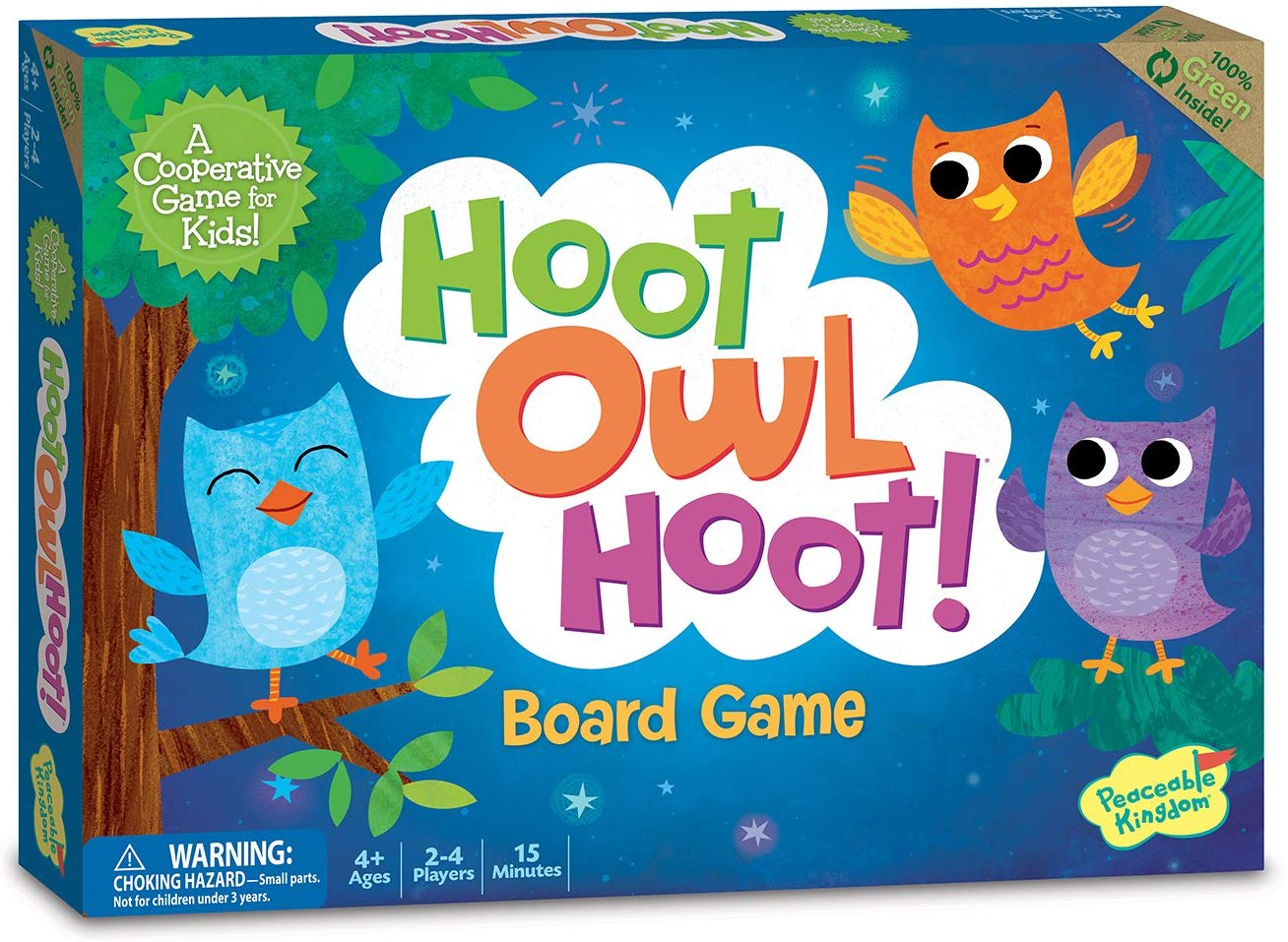
Get the owl to bed before the sun comes up! In this unique, adorable, cooperative board game, the players must work together to help the owls “fly” back to their nest before the sun rises. It’s a race against time and chance as players draw either “color cards” or “sun cards.”
The only way to win the game is by working together. It’s simple enough for first-time players, and you can easily increase the challenge level by adding more owl tokens (each game comes with a maximum of six).
This game is a great way to introduce concepts like nocturnal creatures and astronomy.
Why We Like It:
- Encourages cooperative play
- No risk of rowdy competition
- Kid-friendly illustrations
Skills:
- Teamwork
- Creativity
- Logical Thinking
Match a Pair of Birds: A Memory Game
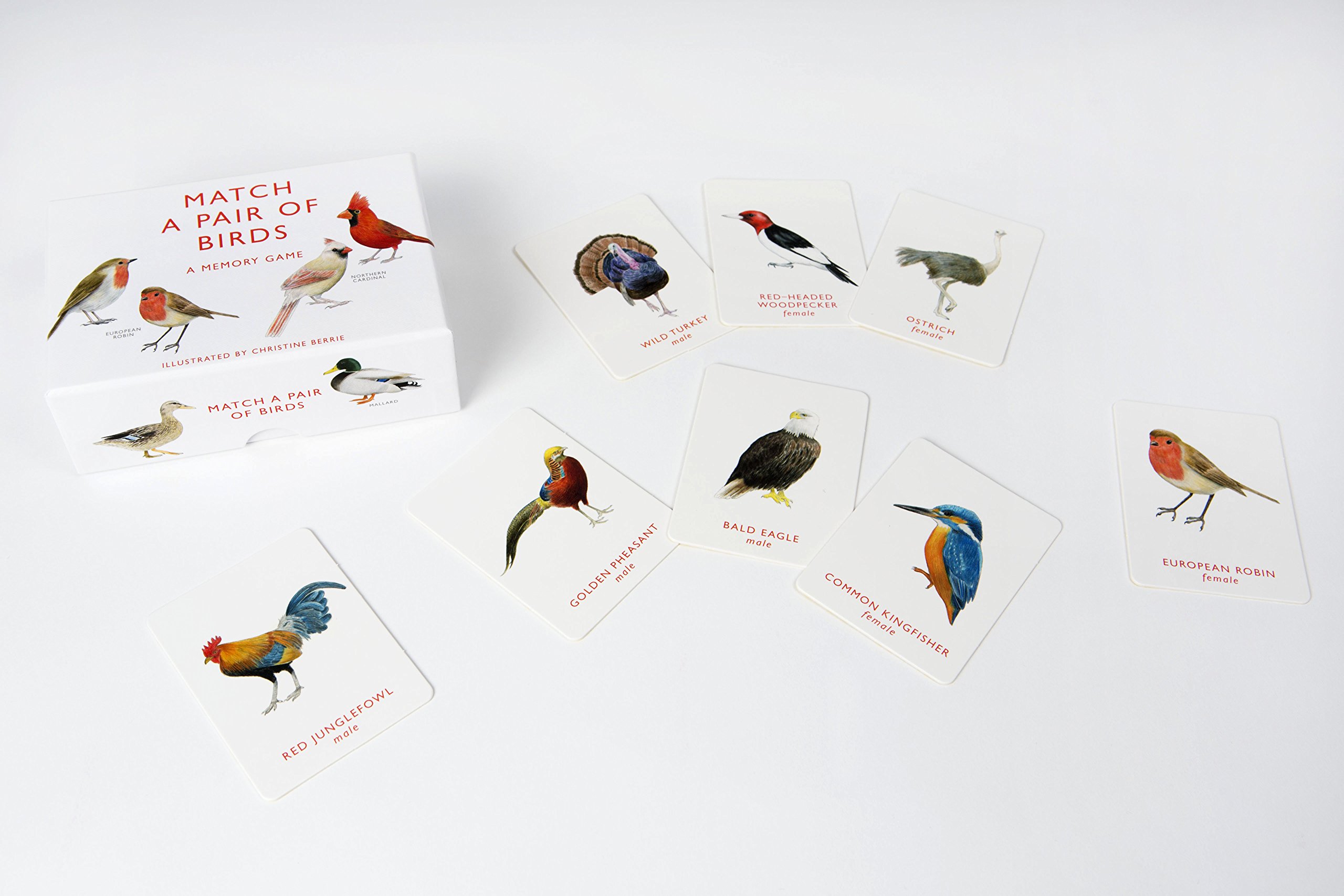
Memory games are always a fun and interesting way to help children develop their short-term and long-term memory retrieval. Match a Pair of Birds ups the ante by encouraging players to match the male species with the female species of the bird. This game includes 25 unique bird species, and their names can be seen clear as day on their cards. It’s perfect for teaching kids (aged 6 and up) the different bird names!
Why We Like It:
- Gorgeous illustrations
- Simple and straightforward
- Hours of quiet, calm play
Skills
- Short-term memory retrieval
- Bird species
- Attention to detail
Code-a-Pillar
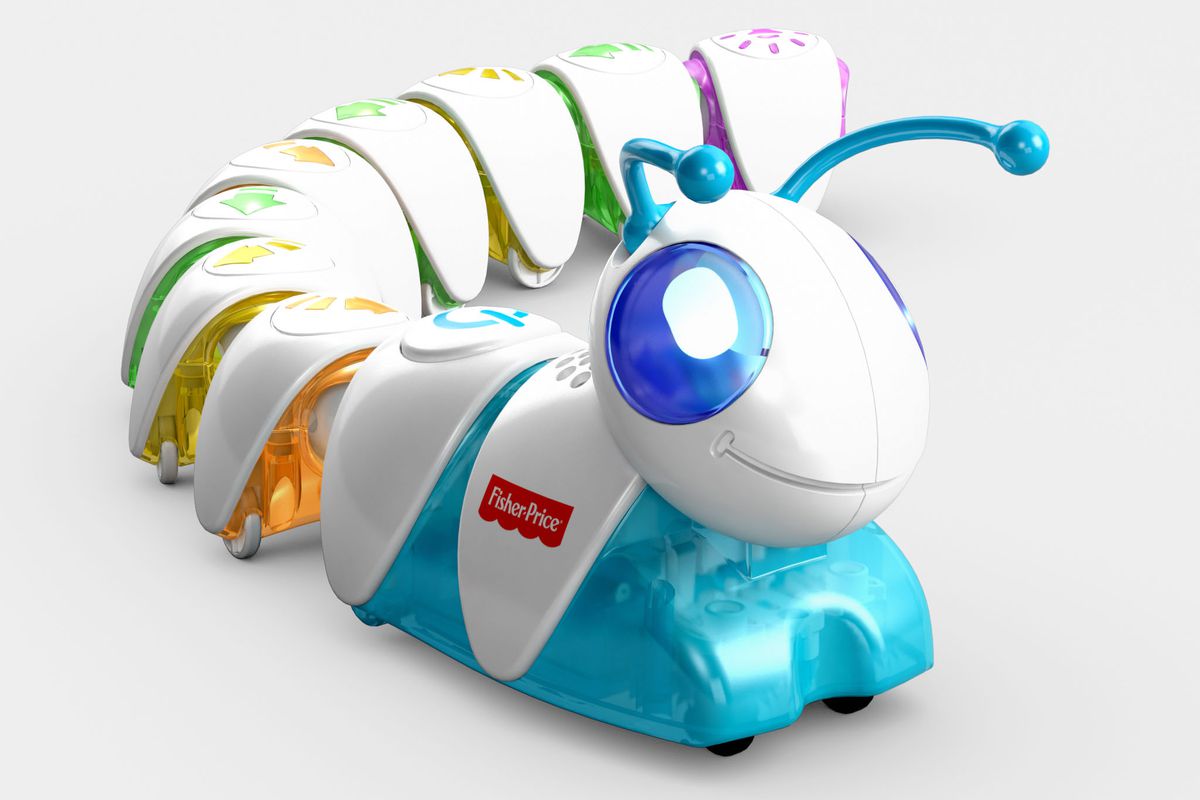
This cute, motorized caterpillar teaches coding for kids in the simplest, most entertaining way possible. Code-a-pillar has a caterpillar-shaped head and eight segments that connect together to form its body. By changing the order of the modules, kids can change the Code-a-Pillar’s routine. They can make it move forwards, side to side, or all over your living room.
The command modules light up once the Code-a-Pillar has successfully completed the action. Once a full sequence has been completed, all modules light up and “success” music plays.
This is perfect for teaching kids basic coding concepts like command and order of operations.
Why We Like It:
- Minimal parental involvement needed
- A unique concept that teaches coding for kids
- Very safe gameplay
Skills:
- Coding for kids
- Creativity
- Following instructions/commands
Pizza Fraction Fun
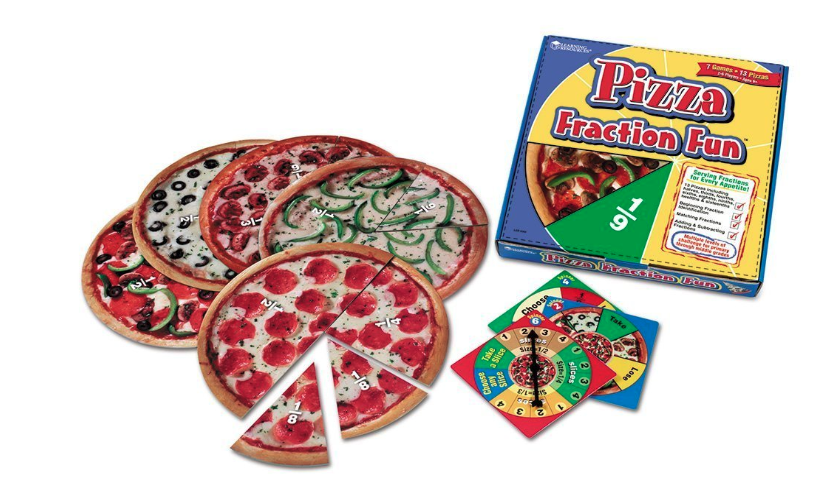
Fractions can be particularly challenging, especially if your kid isn’t too fond of numbers. Thankfully, Pizza Fraction Fun offers a visual representation of fractions that can help children better understand the concept. This award-winning toy uses 13 segmented, double-sided pizzas to provide a multisensory avenue where students can explore the concept of fractions using fun games and colorful pizza slices. There are different ways to play and multiple challenge levels—perfect for keeping kids educationally occupied for a few hours!
Why We Like It:
- Who doesn’t like pizza?
- Unique concept
- Different ways to play ensures hours of educational gameplay
Skills:
- Fractions
- General Math
- Problem Solving
Sight Words Bingo
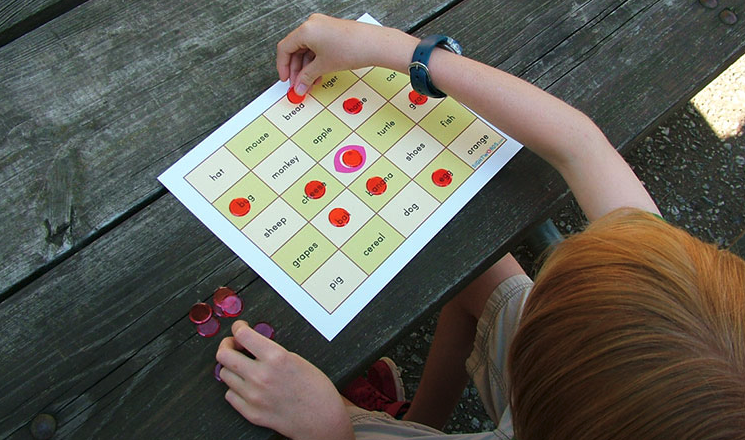
Sight Words Bingo is a unique twist to the classic numbers game. Rather than numbers, each Bingo board contains common, everyday words. That’s where the differences end. The game is played like Bingo, only this time the person calls out words instead of numbers. Once a player completes a horizontal, vertical, or diagonal row, they yell “Bingo!”
It’s a simple, straightforward game that teaches kids (aged 5 and up) how to read and pronounce words.
Why We Like It:
- Classic, fun-for-the-whole-family game
- Simple rules
- Encourages friendly competition
Skills:
- Reading
- Attention
- Pronunciation
The Allowance Game
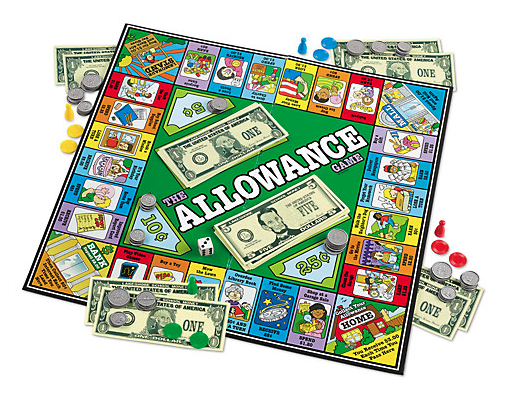
A unique board game that teaches a valuable life skill, The Allowance Game is a perfectly safe, simulated environment that encourages kids to spend and earn money—consequently teaching them the value of a dollar! This fast-paced board game incorporates real-life concepts, like earning $1.30 by washing the car or getting their allowance deducted when they forget their homework.
It’s fun, it’s feasible, and the money element really ups the challenge level. Your children are sure to enjoy this game as they—ideally—learn when to spend and when to save.
Why We Like It:
- Unique concept
- Teaches a valuable, non-academic life skill
- Fun for the whole family
Skills:
- Money Management
- Prioritizing Purchases
- Making Change (out of a given amount)
Magic School Bus: Science Explosion
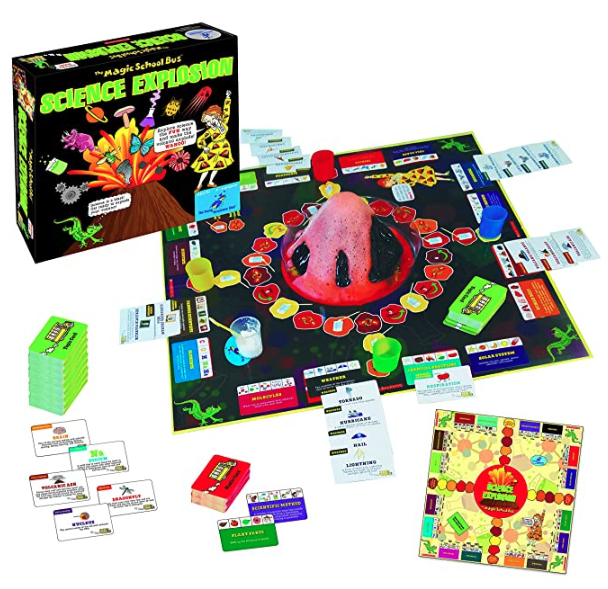
Even if your kids have never heard of the Magic School Bus books (or television series), they can still enjoy this incredibly detailed science kit that encourages them to explode a volcano!
(Yes, you read that right.)
This game board/science kit provides a hands-on STEM learning experience for boys and girls aged 5 and up. To win the game, players must race to cause a volcanic eruption—the cards will tell you how! To collect the information and tools you need, you play a series of “mini-games,” such as matching topics to categories or participating in a simple memory game.
Why We Like It:
- Makes science fun and interesting
- Many of the supplies needed are already included
- Safe and fun for the whole family
Skills:
- Chemical Reactions
- Science Facts
- Experimenting
Pandemic
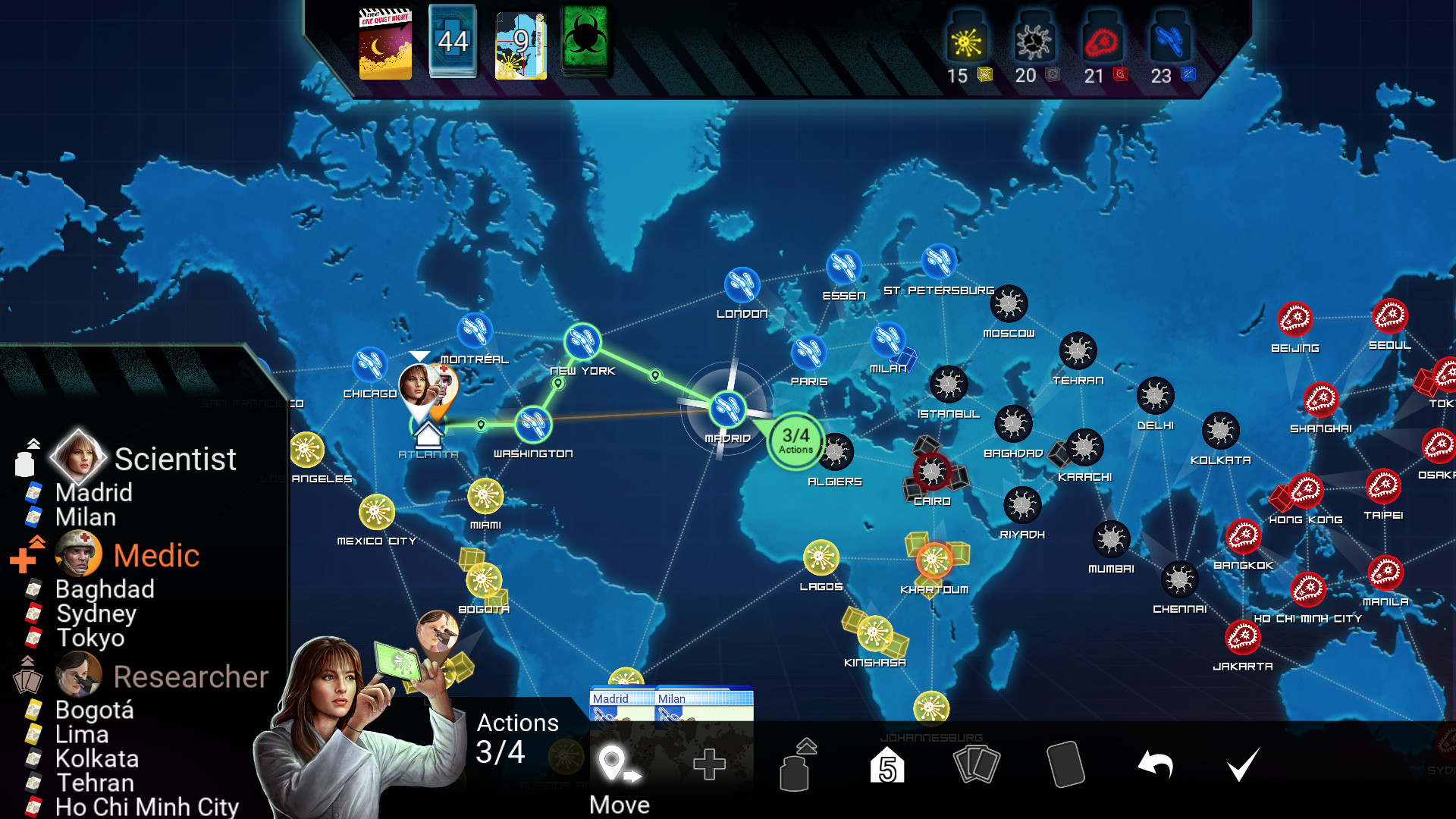
Considered one of the most successful cooperative games available on the mainstream market, Pandemic is a board game definitely suited for older children (and maybe even younger teenagers!). It follows the premise that four dangerous diseases have broken out and are threatening to wipe out a region. Players have seven possible roles to play: dispatcher, operations expert, researcher, medic, quarantine specialist, contingency planner, and scientist. They must then work together to discover cures for all four diseases before any in-game losses or conditions happen.
A riveting strategy game that can be played and completed by two to four players in a limited time, Pandemic is a board game that—despite its darker background—is enjoyed and beloved worldwide.
Why We Like It:
- Riveting storyline
- Unique, immersive gameplay
- Raises awareness about serious, important topics
Skills:
- Biology
- Chemistry
- Diseases (how they spread)
Mochi Robot
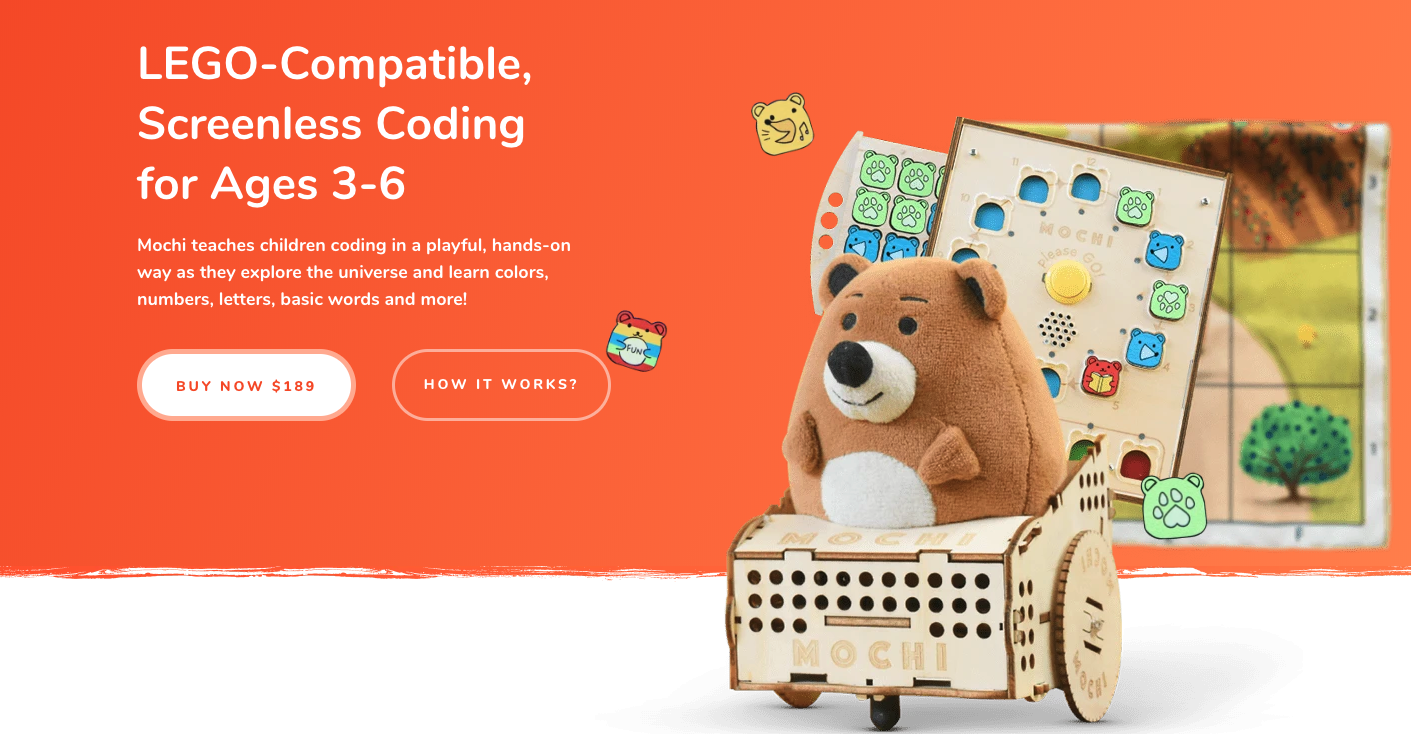
Another cute toy that teaches coding for kids, Mochi the coding bear is an adorably plush teddy bear that introduces children to basic coding concepts such as order of operations and functions. Kids can direct Mochi to do different commands and sequences using cute, bear-shaped coding blocks. The bear comes with its own Mochi board. Kids can place coding pieces in different numbered slots to change Mochi’s movement across the playmat.
The coding command blocks are perfect for teaching kids the order of operations. There’s even a “function” coding block for more advanced coders. What’s more, different Mochi kits come in different themes, so you can combine coding with lessons on biology, animals, shapes, time, etc.
Cute, adorable, and guarantees hours of activities for kids, Mochi the bear offers a hands-on approach to learning computer programming in a way that is utterly appealing to kids.
Why We Like It:
- Mochi (adorable stuffed bear)
- Unique themes cover different subjects/topics
- After initial setup and pairing, minimal parental assistance required
Skills:
- Coding for kids
- Logical thinking
- Cooperative play
Conclusion
Staying at home doesn’t have to be boring. By covering the following educational games for kids:
- Websites
- Starfall
- BrainPOP
- Funbrain
- Typingclub
- Roblox
- PBS Kids
- Apps/Online Courses
- CodaKid
- Duck Duck Moose
- Khan Academy Kids
- ABC Kids
- Toys
- Hoot Owl Hoot
- Match a Pair of Birds: A Memory Game
- Code-a-Pillar
- Pizza Fraction Fun
- Sight Words Bingo
- The Allowance Game
- Magic School Bus: Science Explosion
- Pandemic
- Mochi Robot
We here at CodaKid hope we provided you with fun activities for kids that you can use today!
Do you know of any great educational games for kids that you think we missed?
Comment below!














